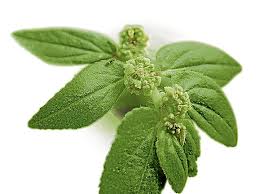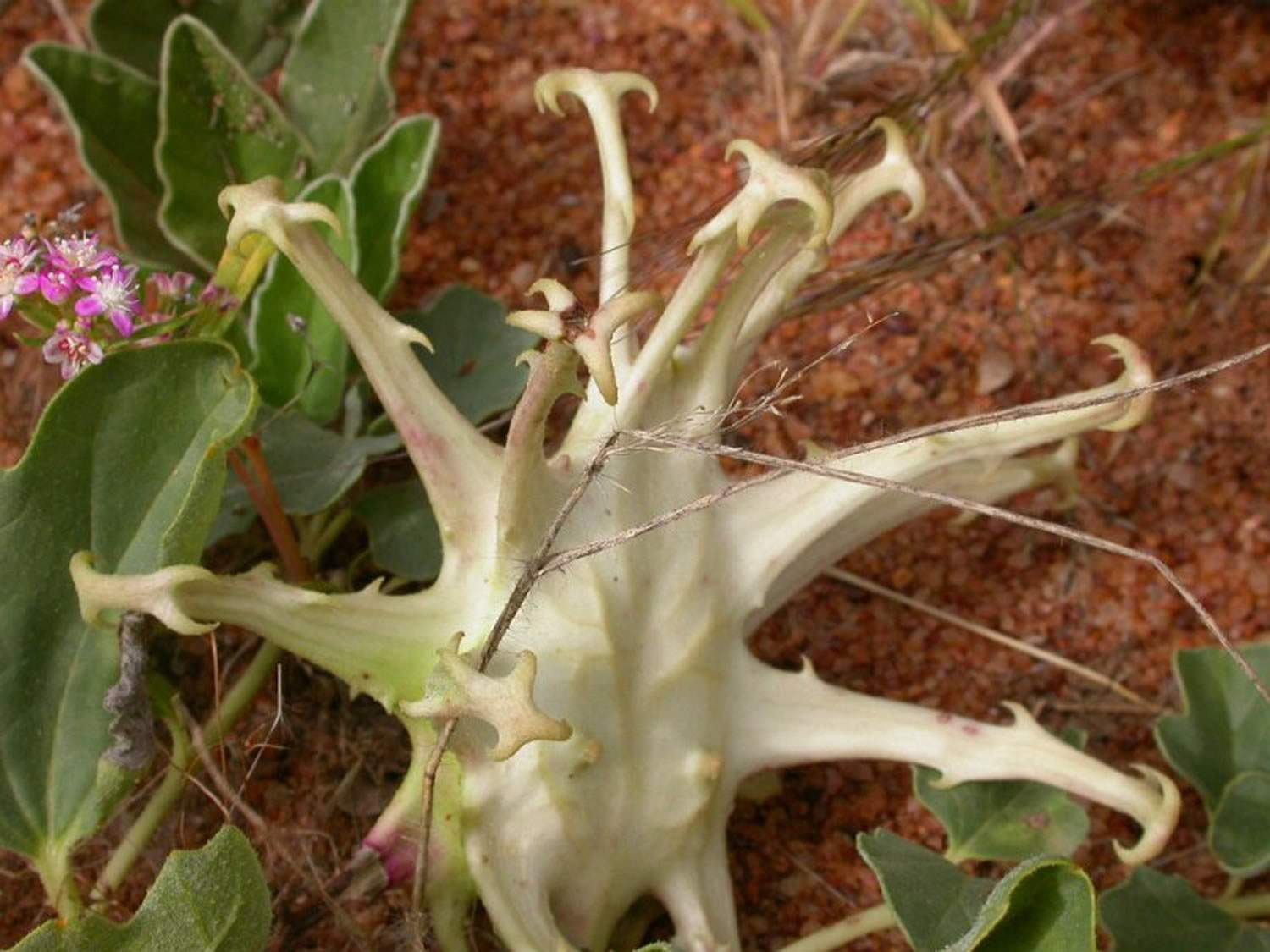The Health Benefits of Orange Leaves, Properties and Ways to Use as Herbal Medicine

Orange leaves, often overlooked, are a treasure trove of health benefits. Rich in antioxidants, anti-inflammatory compounds, and essential oils, they support digestion, boost immunity, and promote relaxation. Incorporating orange leaves into your routine can enhance overall well-being, making them a valuable addition to natural health remedies.
Heath Benefits of Orange Leaves
Orange leaves offer a variety of health benefits, many of which are rooted in traditional medicine. Here are some of the key benefits:
- Rich in Antioxidants: Orange leaves are packed with antioxidants, which help protect your body against the damaging effects of free radicals. This can reduce the risk of chronic diseases like heart disease and cancer.
- Anti-inflammatory Properties: The leaves contain compounds that can help reduce inflammation, making them useful for managing conditions like arthritis and other inflammatory diseases.
- Digestive Health: Orange leaves have been traditionally used to promote digestive health. They can soothe the digestive system, reduce bloating, and ease discomfort. Drinking orange-leaf tea after meals may help improve digestion and prevent constipation.
- Relaxation and Sleep Aid: Compounds in orange leaves have a calming effect on the nervous system, which can help reduce stress and improve sleep quality. A warm cup of orange-leaf tea in the evening can be a soothing addition to your bedtime routine.
- Immune System Support: Orange leaves contain vitamin C and other nutrients that support the immune system, helping to ward off common illnesses like colds and flu.
- Diabetes Management: Some research suggests that orange leaves may help manage blood sugar levels, making them beneficial for individuals with diabetes.
- Aromatherapy Benefits: The pleasant, citrusy aroma of orange leaves can be uplifting and calming. The essential oil extracted from the leaves can be used in diffusers or added to massage oils for a relaxing experience.
- Culinary Uses: Orange leaves can be used as a natural flavouring agent in cooking, adding a subtle citrus aroma to dishes. They are often used to wrap meats or fish, infusing the food with a unique flavour while keeping it moist during cooking
Chemical Properties of Orange Leaves,
:max_bytes(150000):strip_icc()/dwarf-fruit-trees-4588521-07-ebfded6071cb4a0aba4291d241962133.jpg)
Orange leaves are rich in various bioactive compounds that contribute to their health benefits and uses. Here are some of the key chemical properties:
- Flavonoids: Orange leaves contain flavonoids, which are known for their antioxidant properties. These compounds help protect cells from oxidative damage and have anti-inflammatory effects.
- Polyphenols: These are another group of antioxidants found in orange leaves. Polyphenols help reduce the risk of chronic diseases by neutralizing free radicals.
- Essential Oils: The leaves contain essential oils that have antimicrobial and antioxidant activities. These oils are often used in aromatherapy and as natural preservatives in food and cosmetics.
- Alkaloids: Some studies have identified the presence of alkaloids in orange leaves, which can have various pharmacological effects, including pain relief and anti-inflammatory properties.
- Vitamins and Minerals: Orange leaves are a source of vitamins, particularly vitamin C, and minerals that support overall health and immune function.
- Tannins: These compounds have astringent properties and can help in treating digestive issues by reducing inflammation and irritation in the gut
Ways to Use Orange Leaves as Herbal Medicines
Orange leaves can be used in various ways as herbal medicines, each method leveraging their unique properties. Here are some common uses:
- Tea Infusion:
- Preparation: Boil a handful of fresh or dried orange leaves in water for 10-15 minutes. Strain and drink the tea.
- Benefits: This tea can help with digestion, reduce bloating, and act as a mild sedative to improve sleep quality.
- Essential Oil:
- Extraction: Orange leaf essential oil can be extracted through steam distillation.
- Uses: The oil can be used in aromatherapy to reduce stress and anxiety. It can also be added to massage oils or bath water for a relaxing experience.
- Poultice:
- Preparation: Crush fresh orange leaves and mix with a small amount of water to form a paste.
- Application: Apply the poultice to inflamed or painful areas to reduce inflammation and provide relief.
- Inhalation:
- Method: Boil orange leaves in water and inhale the steam.
- Benefits: This can help clear nasal passages, reduce congestion, and provide relief from respiratory issues.
- Culinary Uses:
- Method: Use fresh orange leaves to wrap meats or fish before cooking.
- Benefits: This not only adds a subtle citrus flavour but also infuses the food with beneficial compounds from the leaves.
- Bath Soak:
- Preparation: Add a handful of fresh or dried orange leaves to your bathwater.
- Benefits: This can help soothe the skin, reduce stress, and provide a relaxing experience.
- Tincture:
- Preparation: Soak orange leaves in alcohol (like vodka) for several weeks, then strain.
- Uses: A few drops of tincture can be taken to help with digestive issues or to boost the immune system.
- Topical Application:
- Preparation: Infuse orange leaves in a carrier oil (like olive or coconut oil) for several weeks.
- Uses: The infused oil can be applied to the skin to help with inflammation, minor wounds, and skin irritations.
Safety and Side Effects of Using Orange Leaves
While orange leaves are generally considered safe for most people when used in moderation, there are some potential side effects and precautions to be aware of:
- Allergic Reactions: Some individuals may experience allergic reactions to orange leaves. Symptoms can include skin rashes, itching, or respiratory issues. If you have a known citrus allergy, it’s best to avoid using orange leaves.
- Digestive Issues: Consuming large amounts of orange-leaf tea or extracts may cause digestive discomfort, such as nausea or stomach upset. It’s advisable to start with small amounts to see how your body reacts.
- Pregnancy and Breastfeeding: There is limited research on the safety of orange leaves during pregnancy and breastfeeding. It’s best to consult with a healthcare provider before using orange leaves if you are pregnant or nursing.
- Interactions with Medications: Orange leaves may interact with certain medications, particularly those that affect blood sugar levels or blood pressure. If you are on medication, consult your doctor before incorporating orange leaves into your routine.
- Skin Sensitivity: Topically using orange leaf essential oil can cause skin irritation or sensitivity in some people. Always dilute the essential oil with carrier oil and perform a patch test before applying it to larger areas of the skin.
- Overconsumption: As with any herbal remedy, overconsumption can lead to adverse effects. Stick to recommended dosages and avoid excessive use.
External Links
Health benefits of orange leaves
Safety and side effects of orange leaves
Properties of orange leaves









Review Orange Leaves (Health Benefits).
You must be logged in to post a review.